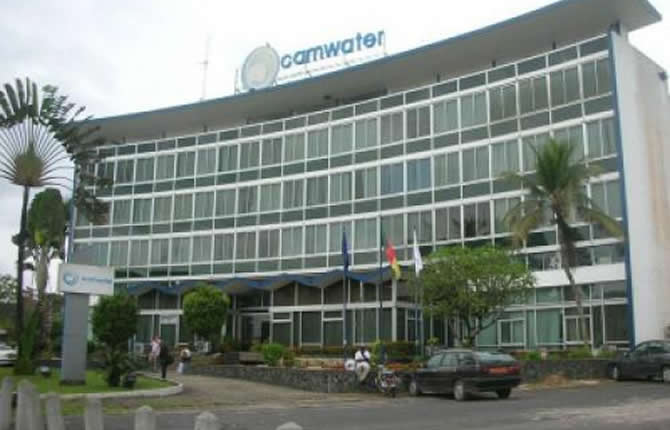While some countries have learnt the bitter lesson of privatisation and taken measures to renationalise water sectors, others still fall prey to the lure of private companies. Governments that have regained control of their water sector must increase their efforts to ensure continuous access to safe water for all irrespective of gender, age, disability, social status and geographical location.
On 28 July 2010 The UN General Assembly adopted resolution 64/292, which declares that clean, safe water is a “fundamental right, essential to the full enjoyment of the right to life and all human rights”. The resolution calls on states and international organisations to “provide financial resources, build capacity and transfer technology through international assistance and cooperation, particularly for developing countries”.
Water crises remain a major problem in Cameroon and the central African sub region. According to WHO/UNICEF’s 2019 Joint Monitoring Program report only 57% of Cameroon’s population have access to drinking water. Poor access to water is not only common in rural areas, where the need is greatest, but also in the capital Yaoundé, where 69% of households face at least four water shortages a month and 51% of water sources (wells and boreholes) exceed WHO’s Nitrate Standard.
In 2018 Cameroon made a great step by renationalising its water sector after ten years under corporate management and also decided to remove taxes on water billings for all consummation under 20m3.

Gabon has recently followed Cameroon’s example by nationalising its water sector in 2018 after 20 years under the management of Veolia. The intention is to improve the affordability of water – a great move that should be encouraged in order to achieve the 2030 agenda for sustainable development.
The public sector has its own reality. SODECA, the public enterprise that manages the water sector in Central African Republic, has serious issues in terms of providing sufficient water of acceptable quality to its population. This is also the case with STE (Societé Tchadienne de l’Eau) in Chad, where citizens constantly complain about the quality of service. These issues have unfortunately undermined the ability of the public sector to successfully run the water sector. In February 2018, Congo Brazzaville fell into the same trap by privatising water and electricity to Veolia, a company that was just chased out of Gabon because of water shortages, high operating cost and unsafe water delivery, which violates citizens’ human right to water.
We are all aware that privatisation entails rate increases, lack of public accountability and transparency, higher operating costs, worse customer service and loss of jobs. In Cameroon, despite water shortages and high bills that made it difficult for the poor to cope, CDE (the private company that managed the water sector) claimed 101 billion CFA (US $19 million) in compensation. The same thing happened to Gabon, where Veolia claimed 65 billion FCFA from the state. Private water operators often claim compensation when operations are re-municipalised or renationalised – a reminder that the best way to avoid the costs of water privatisation and conflicts with the private sector is not to privatise water in the first place.
At the African Center for Advocacy, we know that our governments have the capacity to prioritise their citizens in every decision that is made. That is why we advocate for the safe and sustainable management of water and sanitation services to be accessible to all.
To learn more about African Center for Advocacy’s work, visit their website, Facebook, Twitter or contact them on [email protected]